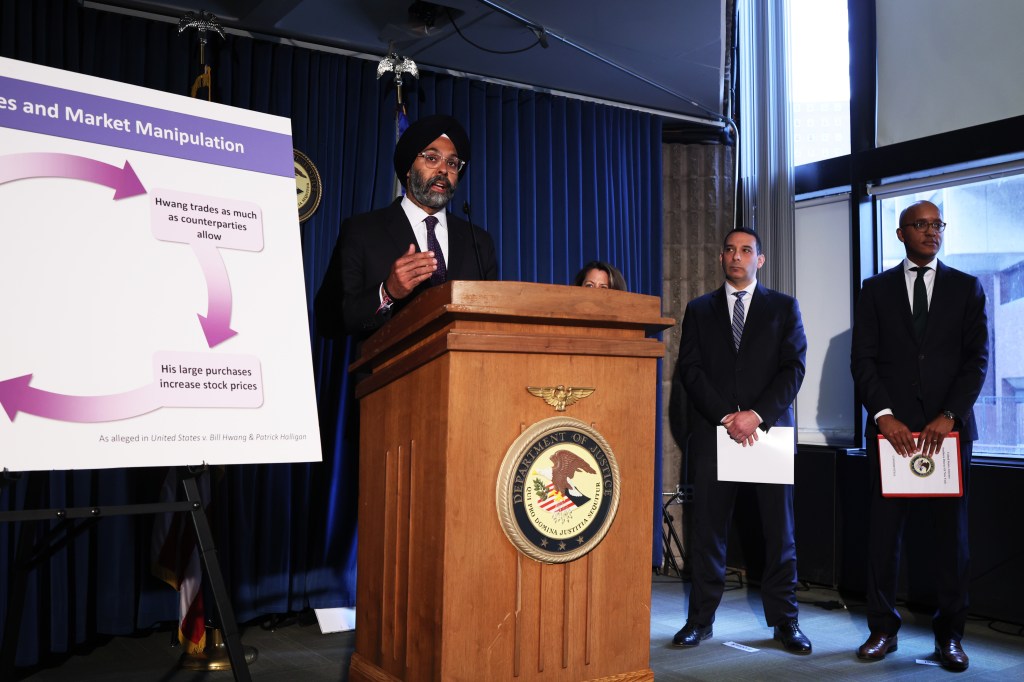The US SEC announced charges against nine registered investment advisers for advertising hypothetical performance to the general public on their websites without adopting and/or implementing policies and procedures required by the Marketing Rule, which was adopted by the SEC in December 2020.
All nine firms agreed to settle the SEC’s charges and to pay $850,000 in combined penalties, with penalties ranging from $50,000 to $175,000 among them.
Hypothetical performance
The SEC’s orders find that each of the nine firms charged by the SEC advertised hypothetical performance to mass audiences on their websites without having the required policies and procedures. In addition, two of the advisers failed to maintain required copies of their advertisements.
“[W]e will remain vigilant and continue our ongoing sweep to ensure that investment advisers comply with the Marketing Rule.”
Gurbir Grewal, Director, Enforcement Division, SEC
As the regulator said in its orders, these businesses had advertised hypothetical performance on their public websites without adopting and implementing policies and procedures reasonably designed to ensure that the hypothetical performance was relevant to the likely financial situation and investment objectives of the intended audience.
“Because of their attention-grabbing power, hypothetical performance advertisements may present an elevated risk for prospective investors whose likely financial situation and investment objectives don’t match the advertised investment strategy,” said Gurbir S Grewal, Director of the SEC’s Division of Enforcement.
“It is therefore crucial that investment advisers implement policies and procedures to ensure their compliance with the rule. Until that is the case, we will remain vigilant and continue our ongoing sweep to ensure that investment advisers comply with the Marketing Rule, including the requirements for hypothetical performance advertisements.”
The Marketing Rule
Registered investment advisers are prohibited from including any hypothetical performance in their advertisements unless they have adopted and implemented policies and procedures reasonably designed to ensure that the hypothetical performance is relevant to the likely financial situation and investment objectives of the intended audience of the advertisement.
The SEC issued its first enforcement case under the new rule against an investment adviser in August.
In December 2020, the SEC modernized its rules that govern investment adviser advertisements and payments to solicitors to create a single rule that replaces its separate advertising and cash solicitation rules. These amendments to Advisers Act Rule 206(4)-1 were effective as of May 4, 2021, but registered investment advisers had 18 months to comply with the new Marketing Rule – so by November 4, 2022.
The final rule was designed to comprehensively regulate investment advisers’ marketing communications, and the SEC issued its first enforcement case under the new rule against an investment adviser in August.
The agency has offered a number of publications to educate businesses about what compliance with the rule entails, such as risk alerts and a description in its 2023 examination priorities.













